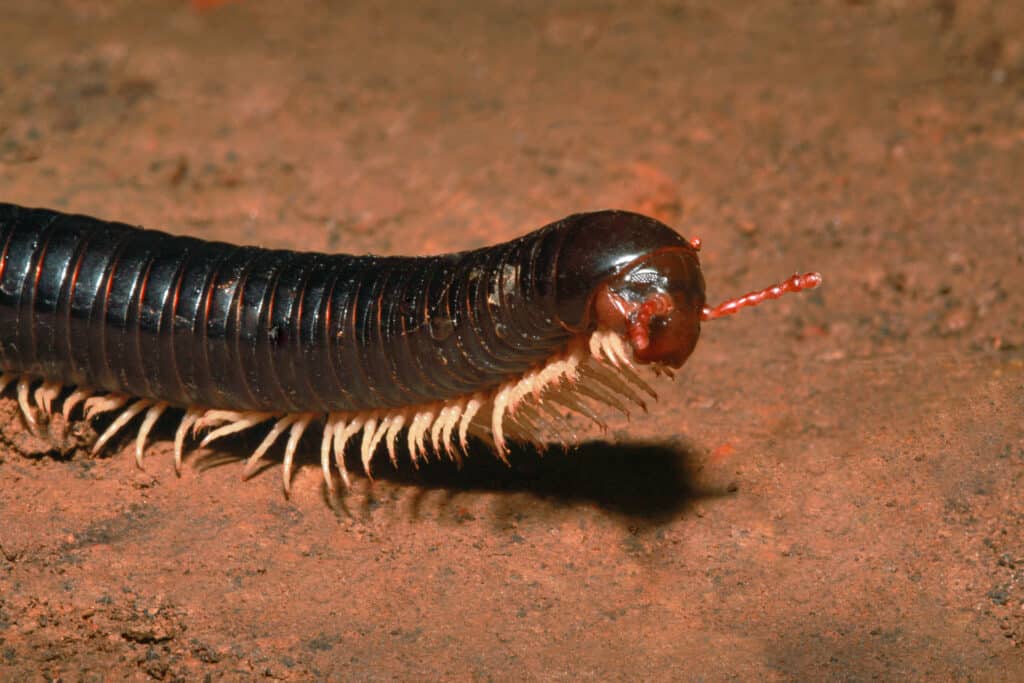See a Lemur Intoxicate Itself In an Effort to Protect It From Bugs
Have you ever seen animals get high as a kite? While we use that term derogatorily, we also mean it literally. This is usually a term used to describe someone who has ingested a drug that makes them very high. And while we can assure you that these lemurs did not smoke a joint, they did, however, take something that does make them euphorically high.
Lemur Sighting
The next YouTube video posted at the bottom of this blog post comes to us from a group in the United Kingdom. This group is the BBC YouTube channel and company. They are dedicated to providing educational videos on a variety of topics, from animals to entertainment and nature. They are one of the leading broadcasters in the world, with over nine billion views across their videos. They share a short description of the events in this video below.
“Animatronic spy creatures discover that mischief is rife in nature, but there are still rules that govern the animals’ lives.”
Lemur Vs. Bugs

©iStock.com/ePhotocorp
At the start of this video, we see a lemur that is high up in the tree. And the narrator is discussing a millipede that is coming slithering by. The narrator describes that these millipedes have toxins in their bodies. We see the lemur go towards it, grab it, and take a bite, but then ferociously shake its head. When he shakes his head, we see a bunch of saliva pouring out of his mouth.
“The toxins cause the lemurs to salivate. They then rub the saliva and millipede into their fur. They use it as an insecticide to ward off insects such as mosquitoes that carry malaria,” the narrator continues.
He then goes on to describe how enthusiastic these lemurs are to eat them. And the reason for this is that these toxins work in a “trance like state,” in other terms, making them feel a euphoric high.
What do Lemurs Eat?
Lemurs (Lemur catta) of the family Lemuridae don’t just eat millipedes. Lemurs are omnivores, which means that they eat both plant matter and meat. As they live in forests and jungles, they are known to eat things such as fruit, leaves, insects, and tree bark.
According to the Duke Lemur Center, “lemur species can be classified as opportunistic omnivores, meaning that they will eat a wide variety of foods and take advantage of easy food resources when possible.” Other types of opportunistic eaters are rats, bears, and raccoons.









